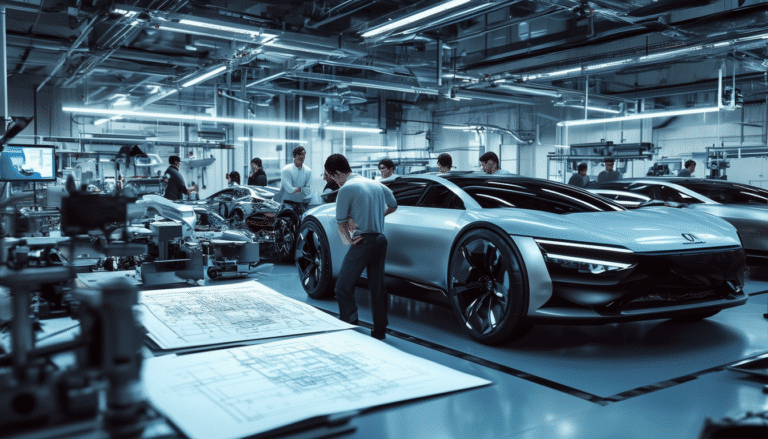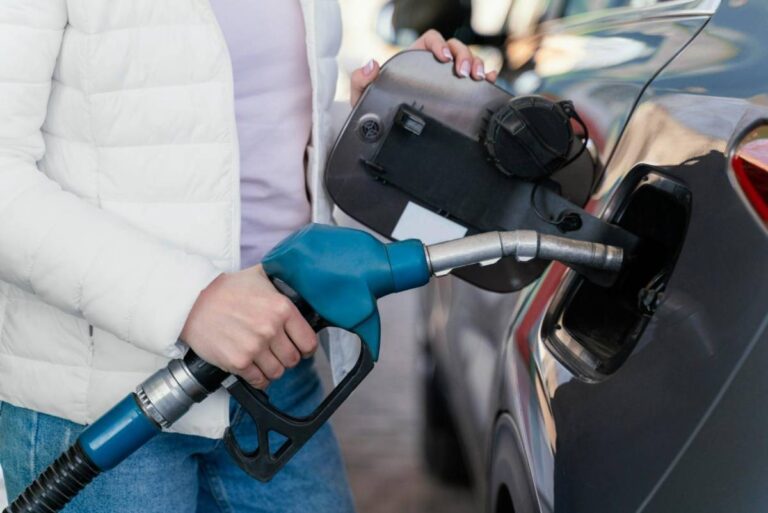Avoiding lack of maintenance: saves fuel and money

Performing proper preventive maintenance on your vehicle is essential to avoid unnecessary expenses on fuel and costly repairs. Many drivers are not aware of how neglect in maintenance services can increase fuel consumption, leading to higher economic costs. Maintaining a proper speed and ensuring that all vehicle components are functioning correctly are key to maximizing fuel efficiency. Therefore, it is crucial to know the best practices that will not only help extend the life of your car but also allow for significant savings in fuel over the long term.
The lack of vehicle maintenance can result in considerable expenses, not only in unforeseen repairs but also in fuel consumption. Through a series of simple practices and effective tips, it is possible to maximize your vehicle’s efficiency, which translates into significant savings in both money and resources. In this article, we explore how keeping your car in optimal condition can benefit both your finances and the environment.
Importance of Preventive Maintenance
Preventive maintenance is key to ensuring better vehicle performance. This involves carrying out regular inspections and replacing parts as per the manufacturer’s guidelines. Keeping the electrical, fuel, and transmission systems in good condition ensures that the vehicle operates efficiently, which in turn reduces fuel consumption.
Constant Inspection of Filters and Fluids
Air and oil filters almost always need attention. Regularly changing the air filter helps improve the fuel and air mixture that reaches the engine, optimizing its performance and reducing consumption. On the other hand, checking and maintaining fluid levels, such as oil and coolant, ensures that the engine operates at its maximum potential, avoiding excessive expenses.
Efficient Driving Techniques
Besides maintenance, the way you drive your vehicle also significantly affects fuel consumption. Implementing efficient driving techniques can reduce expenses by up to 25%. Driving at a constant speed and smoothly shifting gears are practices that stabilize fuel usage.
The Importance of Constant Speed
By maintaining a proper speed, you avoid sudden accelerations that increase fuel consumption. Using cruise control on long highways can be an excellent strategy. Avoiding excessive weight in the vehicle and distributing the load properly will also contribute to more economical driving.
The Connection Between Maintenance and Fuel Savings
Proper maintenance not only improves the vehicle’s performance but also has a direct effect on fuel consumption. A well-maintained vehicle can be more efficient, resulting in fuel savings. For example, correctly inflated and aligned tires have a direct impact on reducing rolling resistance, thus decreasing consumption.
The Role of Tires
Keeping tires in optimal condition is fundamental for fuel savings. Under-inflated tires can increase resistance and therefore fuel usage. Regular inspections ensure that they are inflated to the correct pressure, benefiting both vehicle performance and driving safety.
Using Technology and Apps
Nowadays, there are tools and mobile applications that allow you to plan and optimize fuel usage. These apps can indicate the most efficient routes and help avoid traffic jams that increase consumption. By implementing technology and benefiting from accurate data, you can improve your driving habits and save significantly.
Apps to Plan Consumption
Using apps that help you manage your trips can result in more efficient fuel usage. Some of them allow you to check real-time traffic status, avoiding congested routes and unnecessary stops and starts, which not only consume more fuel but also wear out the vehicle more.
Conclusion
In summary, avoiding a lack of maintenance is crucial to save fuel and money. By implementing regular maintenance and adopting efficient driving techniques, significant reductions in fuel consumption can be achieved, contributing to a more sustainable economy and the preservation of the environment. Keeping the vehicle in optimal condition is not just a matter of savings but also of safety and efficiency.
The lack of proper maintenance in a vehicle can lead to a considerable increase in fuel expenses and, consequently, in the overall operating costs of the car. For this reason, it becomes essential to carry out routine inspections and follow the manufacturer’s recommendations. Small oversights, such as not replacing filters or not checking tire pressure, can negatively influence fuel efficiency.
One of the most effective practices for saving money is to keep the vehicle in optimal conditions. This includes regular oil changes, checking air filters, and maintaining the fuel system. Each of these aspects plays a crucial role in fuel economy, and if neglected, they can lead to higher consumption. For example, an engine that is not functioning properly can consume up to 10% more gasoline.
In addition, it is recommended to adopt efficient driving techniques, which not only improve the driving experience but also contribute to fuel savings. Driving at moderate and constant speeds, using higher gears, and avoiding harsh acceleration are habits that, along with regular maintenance, can optimize the vehicle’s performance.
On the other hand, avoiding unnecessary weight in the car and removing rarely used accessories, such as roof racks or boxes, also has a positive impact on fuel savings. The proper distribution of the load is equally important to minimize resistance and therefore energy consumption.


